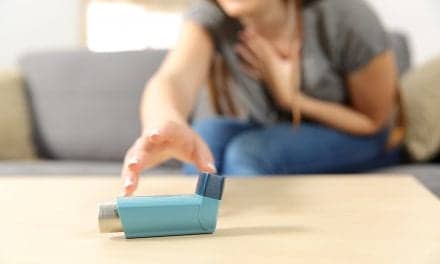A smartphone-based system for diagnosing respiratory diseases achieved an accuracy of 89% in a clinical study of pediatric patients.
Perth-based ResApp essentially uses the smartphone microphone as a stethoscope to listen to a patient’s breathing. But instead of relying solely on a doctor’s ears to form a diagnosis from those sounds, ResApp has been developing machine-learning algorithms that will automatically determine which respiratory condition a patient might have, including pneumonia, asthma, bronchiolitis and COPD. In the future, the company hopes to integrate those algorithms into telehealth offerings as well as making them available for clinical use.
ResApp released data from this trial previously in November, but that data set included fewer patients. The larger group is starting to show ResApp’s effectiveness in diagnosing less common conditions.
“We are pleased to again report high levels of accuracy on a dataset that is more than 50 percent larger than the previously used dataset,” Dr Tony Keating, CEO and Managing Director of ResApp, said in a statement. “These updated results reaffirm the algorithm’s clinical accuracy right before we enter the pivotal studies needed for our upcoming premarket submission to the US Food and Drug Administration. In addition, these preliminary results for the separation of bacterial and atypical pneumonia from viral pneumonia are very exciting as they demonstrate the power of ResApp’s algorithm in supporting clinicians in making critical decisions for patient treatment.”









